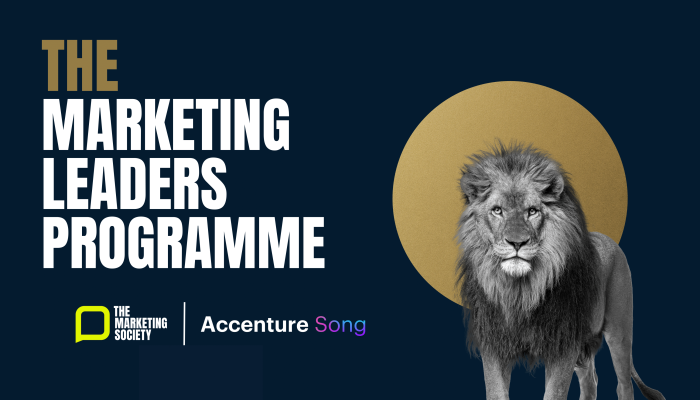Here's the main idea of what I'm about to tell you: a series of marketing campaigns that produce short-term results do not generate long-term results. You need different strategies to generate strong long-term results, which are essential for the growth of any business.
If you agree 100% with this idea, there's nothing more I can tell you here. You're welcome to stop reading now, thanks for your time. But, wait! Before you go, please send me a note saying how you apply this approach in today's marketing world.
Why do I ask? I believe that our modern marketing world leads to an excessive focus on short-term results, ignoring long-term business success.
Our ability to measure ever growing sets of behavioural data from consumers allows us to create on-the-fly, sophisticated analyses about the performance of our campaigns. A/B testing tools are available today for less than the price of a newspaper subscription, allowing anyone to run campaign optimizations on a massive scale.
It's what some are calling "output-based marketing", where the only thing that matters is the result. Is it selling products? Is it increasing usage? Does it bring new customers? If not, change it, optimize it, do it again.
This view is in opposition to the supposedly old way of planning marketing campaigns based on "inputs": how many people will see it, where will they see it, what am I going to show them?
There are two problems with this vision: first, it only works well in the digital world, and for most of the large brands out there, the offline media world is still pretty damn important (but that's another discussion). Secondly, and most importantly, it assumes that all the effects produced by a campaign can be observed in the short term, immediately after you start airing it.
If the objective is to increase sales next month, maybe a strategy focused only on the short-term is justifiable. But time and time again, serious analyses of marketing effectiveness have proven that brand-building campaigns produce more results for companies and are more profitable. The tricky part is that you can only measure these results in the long run.
That shouldn't be a surprise, given what we know about decision-making and the way our brains work. Our powerful, fast and intuitive System 1 is calling the shots on most of our decisions. System 1 learns by converting experiences into new heuristics, or 'rules-of-thumb' that influence our decisions. It takes time for the positive experiences created by successful marketing campaigns - hearing about a brand, feeling good about it - to convert into new behavioural patterns. But once they do, people become more likely to choose the brand over others.
Marketing is most profitable for companies when it does just that. But it only happens, by definition, in the long term. At the same time, we have a whole marketing ecosystem pushing for short-term metrics, which undermines the overall efficiency of marketing spend.
Therefore, if we are to use behavioural data in real time to measure the success and optimize our marketing campaigns, we need to develop models that capture the difference between short and long-term results for the business.
Otherwise, we're just distributing cash to consumers, hoping to lure them into buying our brand right now, without giving them any good reason to continue to do so in the future.
We are making a long story short, and that's a problem
A long story short



